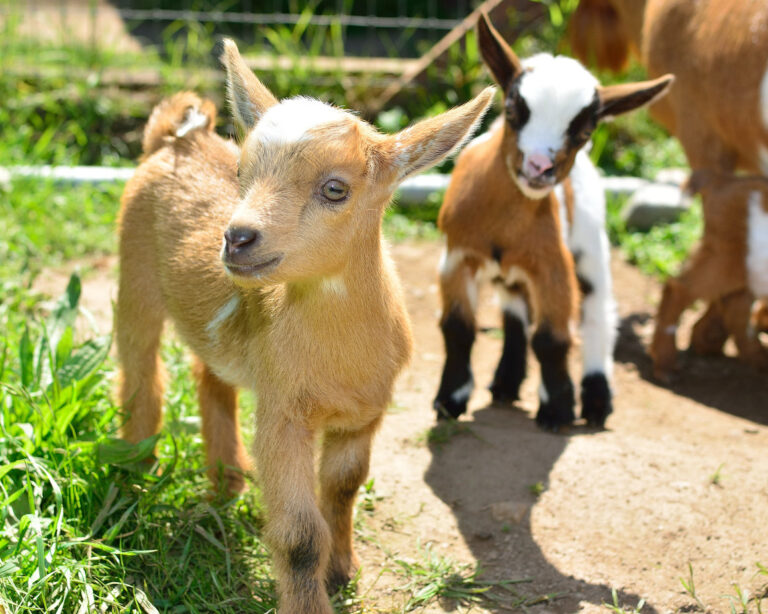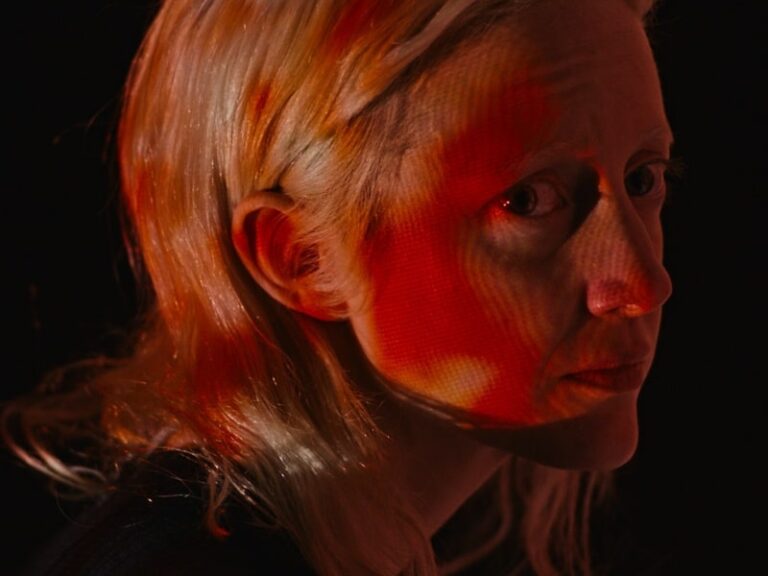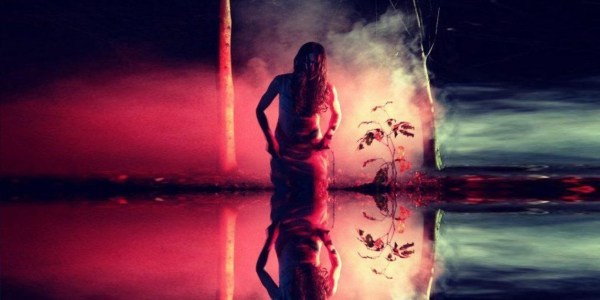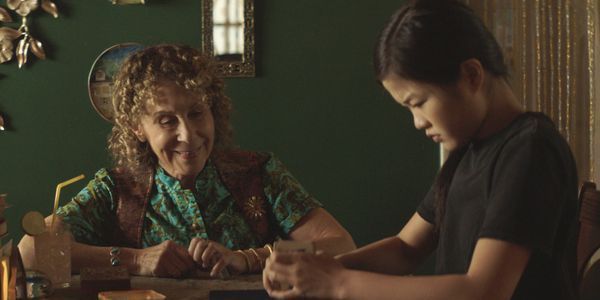London Film Festival 2020: Interview with ROSE: A LOVE STORY Director Jennifer Sheridan
For her debut feature film, the British director Jennifer Sheridan decided to make a vampire movie. Or did she? Is the unsettling, deeply felt horror/drama Rose: A Love Story really a vampire film? Or even a horror movie? It isn’t that scary or that gory, and the focus for the most part is on a bickering couple. So what is it?
As far as cinema is concerned, the vampire myth has been done to death (pun very much intended). Stretching all the way from Nosferatu to Twilight, our fascination with blood-suckers has seemed endless. But, as time goes on, putting a fresh spin on the vampire tale is getting harder. Sheridan may just have managed it here, though. Directing a script by her leading man Matt Stokoe, she has crafted an intriguingly action-less version of the classic creature.
Sophie Rundle plays the Rose of the title, who is a normal person in all ways other than needing to feast on human blood. Otherwise, she’ll ‘turn’ and become a feral hunting monster. Her fragile existence therefore takes place in deep isolation with devoted husband Sam (Stokoe) at her side. Coping with their unusual situation presents many challenges for Sam and Rose, and filming it presented a few for Sheridan. Here, she talks to Film Inquiry about directing her scriptwriter, working in the snow, and designing a vampire.
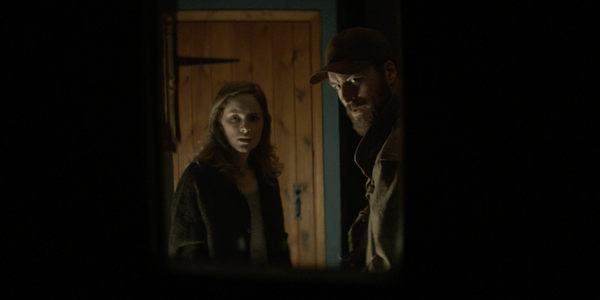
Andrew Young for Film Inquiry: One thing I particularly enjoyed in the film was this build-up of dread, without ever really going into ‘full horror’. Did you approach this as a genre movie? How would you classify the film?
Jennifer Sheridan: I think that has been the constant questioning the whole way through, even since I read the script. I was like ’is this a horror film?’, because so much of it is a grounded drama. It skirts genre really. Imagine it as a vampire film, for example, which in some ways you could argue it is. But if you look at traditional vampire films they’re very romantic and a bit sexy. I think Rose isn’t sexy. Even though it’s called A Love Story, it’s very much asking what would the reality be of being in a relationship with someone who had that kind of affliction.
The reality would be that you would have to manage mealtimes, and you’d have to figure out how to still have a sex life, whilst protecting them from themselves and the world, and protecting yourself. I think that’s where the toss-up comes in. Because it’s a horrific situation that they’re in and there’s really horrific, quite gruesome stuff. And there’s a danger to it, so they are sort of in peril, which does lend these horror themes. But then they’re also just two quite real characters trying to keep their marriage alive.
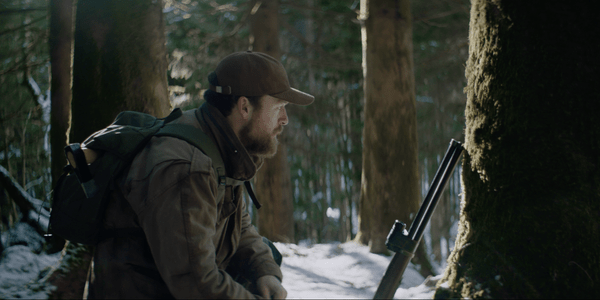
At what stage did you receive the script and come on board? And why?
Jennifer Sheridan: I read the script about two years before we made the film and loved it. Then I met Matt, told him what my vision for the film would be, and he really aligned with it. It felt like we had a really similar approach to it which was brilliant. So we kind of signed up to it like ‘let’s do this together’, and Sophie came on board because her and Matt were working together on a Sky show. She saw he was writing a script, then she asked to read it, then she had some thoughts. Those thoughts were brilliant.
So we got into this trio kind of creative process, where we would just hash out ideas on the script, and talk about the themes involved. It was really organic, and it happened really naturally. So once we had a script in a place that we were really happy with it, it was quite a quick thing that then happened. We got the producer, we got the money – didn’t get as much money as we wanted but we had just enough that we thought ‘yeah we can do this’ – and we just went and did it. And it was quite a whirlwind at that point.
How was it working with Matt, who wrote the script? Does it change your experience as a director, working with someone who has a bit more ‘creative ownership’ over the project?
Jennifer Sheridan: Well, in some ways it makes it easier because you have someone who is your main actor, but also knows the story inside out and has thought through every line, and has a reason behind it. You’re so much on the same page when you get there. I think if you haven’t been in the scriptwriting process and you step on set with someone who you’re not aligned with creatively, then you’re going to have a nightmare. Whereas luckily I feel like me and Matt, and Sophie too, had such an aligned view of the film.
Also because they’re such strong actors and because they have a relationship, there was so much shorthand involved, which really helps when you’ve got 15 days to make a film and not a huge amount of resources and you don’t have the luxury of takes or pick-ups. You kind of have to nail it, and I think having that kind of relationship, in this instance, was such a blessing. It really helped and saved a lot of time. Those discussions that you have with actors on set about what the motivation is for the character, you don’t have to have those. He knows!
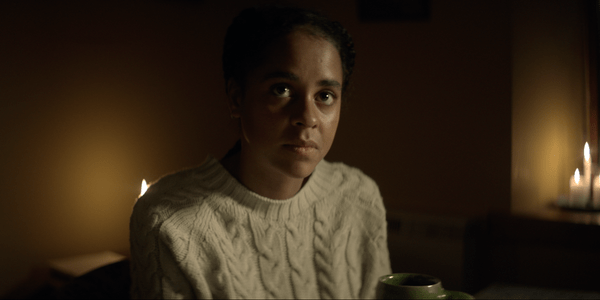
The film has quite a timeless feel; there’s little technology, no phones, nothing that dates the world particularly. Was that deliberate, or just a by-product of trying to isolate the characters?
Jennifer Sheridan: That’s a really good question. A lot of it was in the backstory that we slightly designed for them, which was that in our heads Rose had caught this affliction. She didn’t always have it, which is why you see photos of them on holiday, for example, in the film. You know that there was a life before. So it’s almost like they’ve been forced to abandon their lives, buy a cottage, and just make life work, in this kind of ad hoc way. And I think a lot of that would be stripping away your ties to the modern world.
Also, physically, that location had no phone signal [laughs]. It was almost pointless having a phone, because you couldn’t get internet. It was a nightmare. It is a very isolated place, you know. And the snow, that wasn’t expected; that was a surprise. We were sort of prepared for snow, luckily, but we didn’t know that the film was going to be this kind of bleak, snowy film. That’s just what happened when we got there and we rolled with it. So yeah, I feel like that’s a lot of the motivation behind [the setting], which is why it feels slightly timeless almost. It’s almost like the situation has kind of run away with them.
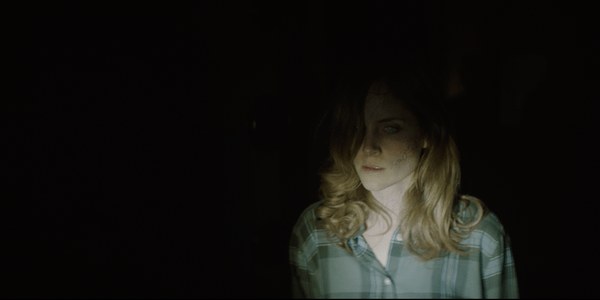
‘A Love Story’ is a part of the title and this very much is one. How did you approach the design of the ‘vampire’ Rose, so as not to dehumanise her and detract from the love story at the centre?
Jennifer Sheridan: Yeah that was quite an interesting challenge that I definitely faced. Because Rose, in some ways she turns into this feral monster, but she’s still a human behind it, and she can come back to the human parts of her. It doesn’t change her entirely, it changes her for a bit.
Even in terms of the sound design, it took such a long time to find the sound that she makes when she turns. Sometimes my sound designer would be like ‘what do you think of this?’ and I’m like ‘it sounds like a monster, and it has to sound like it comes out of a small woman’. You have to believe that she could make that noise physically, through that transformation that she goes through. So yeah that was a real challenge, and I love doing things in-camera as much as possible. Most of the effects apart from some of the veins are practical, in-camera effects. Because those are the films that I love.
Do you think Rose: A Love Story puts a successful twist on the vampire myth? How would you alter a classic horror monster to make something fresh? Let us know in the comments!
We want to thank Jennifer Sheridan for taking the time to speak with us.
Does content like this matter to you?
Become a Member and support film journalism. Unlock access to all of Film Inquiry`s great articles. Join a community of like-minded readers who are passionate about cinema – get access to our private members Network, give back to independent filmmakers, and more.
Join now!
